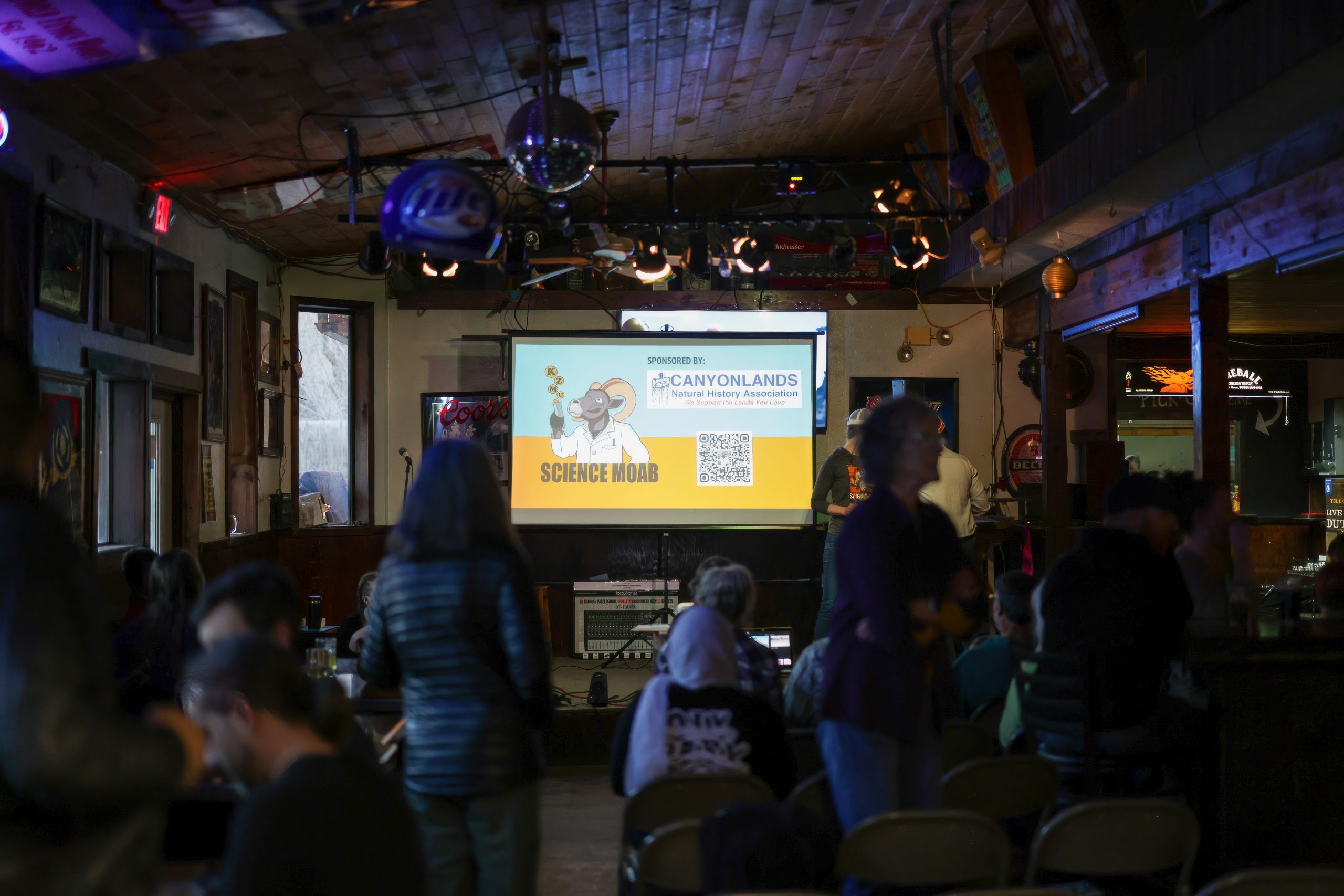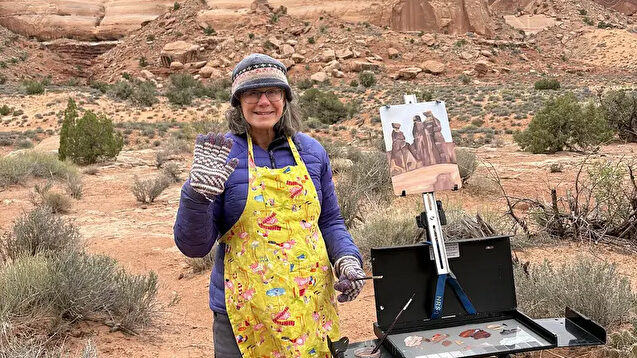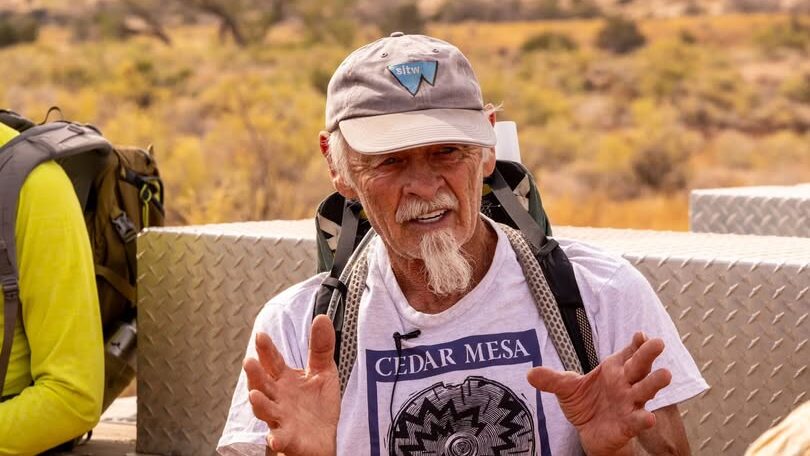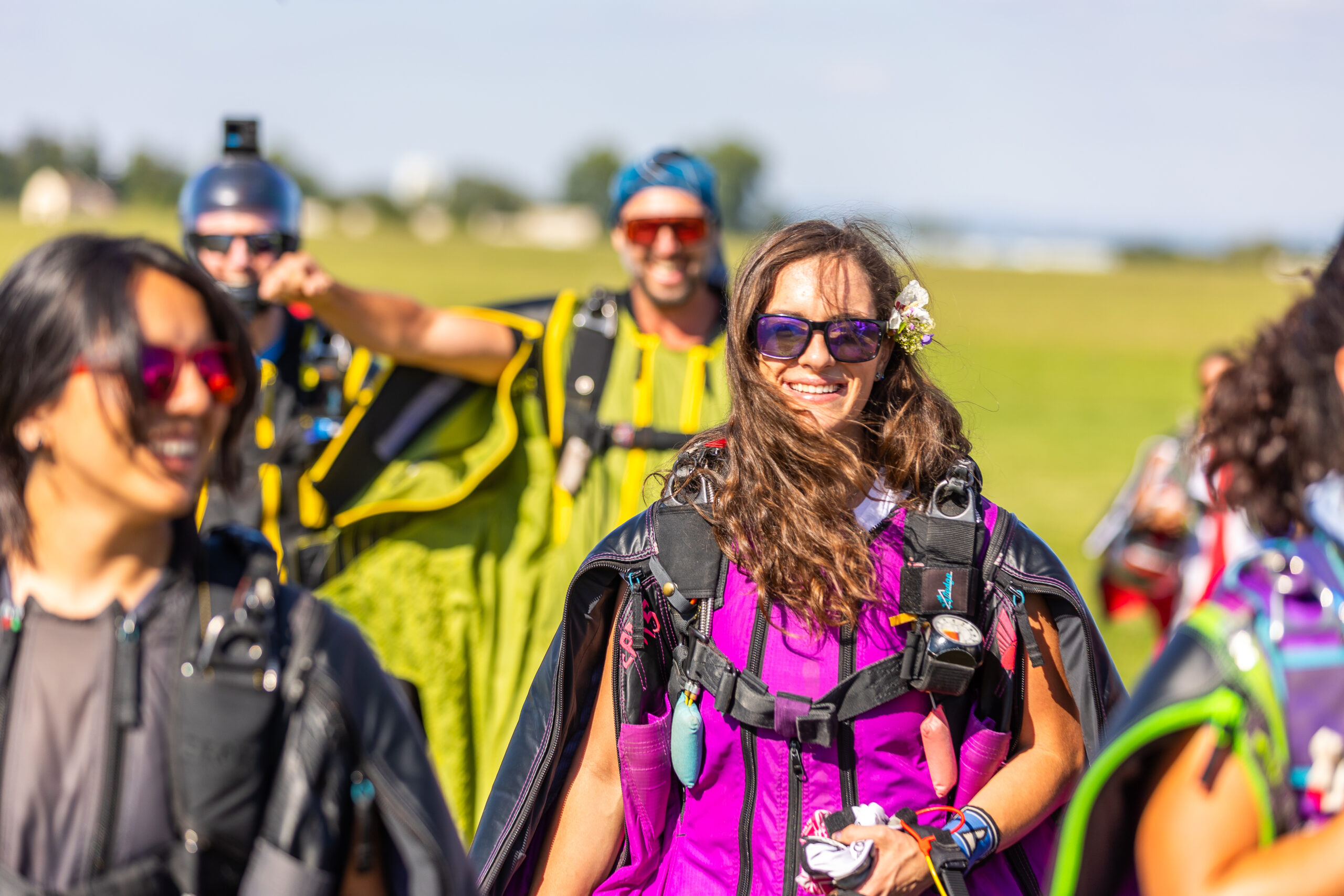Some information may be outdated.
“There’s so much interesting and important and groundbreaking research that happens in this area—we are really spoiled, to have a wealth of amazing scientists and other knowledge holders,” said Carrie Schwartz, executive director at Science Moab.
That community of scientists here is what makes Science Moab’s annual events, like “Science on Tap,” so interesting: this year, the organization invited three scientists to give casual talks on their research through the winter. Each (free!) talk will take place at Woody’s Tavern—thus the event’s tagline, “drink beer, get smarter”—and aims to make local science accessible.
“We try to think of how to bring a balance or variety in topics so that there’s something for everyone each year,” Schwartz said. “This year, we have a lineup that features an ecologist, a wildlife conservation biologist, and a geologist—so it’s a nice cross-section of some of the work that’s going on here.”
The first event will take place on Wednesday, December 13 (for each event, doors open at 5:30 p.m., and the one-hour talk begins at 6). Tara Bishop, a former ecologist with the U.S. Geologic Survey and now an assistant professor at Utah Valley University, will give a talk titled, “Dear Rats, Thank You for Our Drinking Water.” Bishop’s educational background makes her an excellent speaker, Schwartz said.
The next event will take place on Wednesday, January 17, with Scott Gibson, a wildlife conservation biologist with the Utah Division of Wildlife. Gibson will discuss his recent research on snakes during a talk titled, “Snakes: Zero Legs, Two Hemipenes, One (Mobile) Heart.”
“We first heard Scott Gibson speak at the Festival of Science, and he just had me in stitches talking about rattlesnake genitalia,” Schwartz said. “I could not stop laughing.”
The last event will take place on Wednesday, February 7 with Evey Gannaway Dalton, an assistant professor of geology at Utah State University whose research focuses on sedimentology, stratigraphy, and tectonics—her talk is titled “So Salty! Paradox Basin, Past and Present.”
“I think one of the biggest things that we hope Science on Tap provides for people is a fun and welcoming entry point to the vast and diverse [field of] scientific research and knowledge: the fact that the lands around us are these knowledge banks, and we’re really lucky and should be proud to live in a place that has generated really important natural science knowledge since time immemorial,” Schwartz said.
This will be Science Moab’s fifth year running Science on Tap talks; Schwartz said while Science Moab as an organization has grown since those events began, the events themselves have always been just fun opportunities for the Moab community to learn about science. This year, speakers also have the opportunity to discuss their research at the local schools.
“It’s cool to see how excited the community is about these events, and how everyone looks forward to it,” said Kacie Larsen, the science outreach and stewardship Americorps VISTA for Science Moab. “Even people who moved here recently know about Science on Tap and are looking forward to it.”
Read the rest of this week’s edition:
Appreciate the coverage? Help keep local news alive.
Chip in to support the Moab Sun News.





